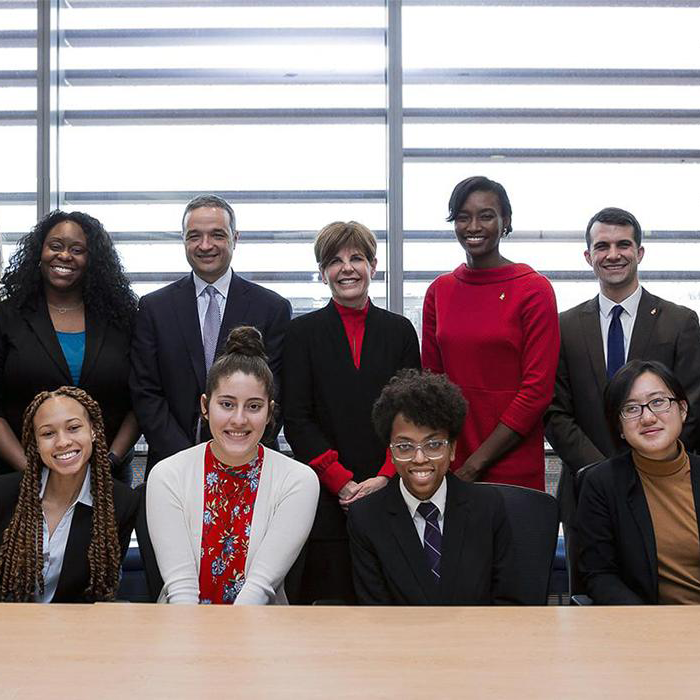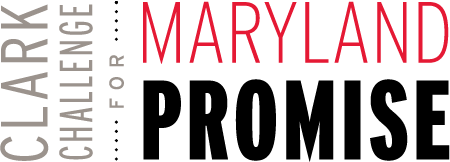University-Sponsored Travel - May include employees and students participating in a class and/or academic experiences. This category includes programs coordinated by University faculty and/or staff, and travel that is fully coordinated by an agent of the university. Examples include: Alternative Spring Break, academic classes where travel off-campus is a required component of the course.
University-Affiliated Travel - May include travel that is sponsored by an organization affiliated with the institution where travel is coordinated by the affiliated entity with limited and/or no support from university faculty/staff. Examples include travel associated with sports clubs, Adventure Programs and/or Registered Student Organizations.
Registered Student Organization (RSO)- Activities undertaken by a registered student organization are not sponsored or approved by the University. Designation as a RSO does not create an agency or contractual relationship between the University and the RSO; in addition, no property right or legal expectancy on the part of the RSO should be interpreted. The University encourages student organizations to become Registered Student Organizations so students can better understand the University’s expectations regarding responsible co-curricular activity and take advantage of the many programs and services provided to assist them.
Recognized Student Organization - Recognized Student Organizations meet a higher threshold in terms of membership and may have access to some university funding including through Student Government Association and Recreation and Wellness. Those funds may be used in support of travel, but must comply with certain express conditions.
Essential Travel - Travel that is required as a part of an academic class and/or university sponsored program, including athletic scholarship. Travel that is required for business continuity.
Non-Essential Travel - Travel that is not a requirement of a class and/or academic program. Travel that will not result in a negative impact on business continuity.
Required Travel - Travel that is required as an element of completing one’s job and/or education and/or research.
Any travel must be compliant with current guidance from the federal government, Center for Disease Control (CDC) guidance on domestic and international travel, State of Maryland and the University of Maryland, and the university also follows guidance from the U.S. Department of State regarding international travel during the global coronavirus pandemic. Travel should also be compliant with any and/or all guidance or requirements established by the travel destination’s organization, entity, city, state, or country.
Student group travel may be for educational, recreational, research or business purposes tied to the traveler’s affiliation with the university and related student group regardless of funding source.
Current
CDC travel guidance indicates that individuals who are
up to date with their COVID-19 vaccines can travel safely within the United States and that individuals who are not up to date with their COVID-19 vaccines should delay all non-essential travel.
All Travel
We urge you to use caution and judgment when considering any travel. Any student, faculty, or staff travel related to any University-sponsored event or as a part of an affiliated organization activity must follow all current University of Maryland, State, CDC, and Department of State public health and travel guidance, as well as any and all guidance or requirements established by the travel destination’s organization, entity, city, state, or country.
Travel within the District of Columbia, Maryland, Virginia (DMV) Region
This is typically considered local travel. For general same-day University-sponsored or University-affiliated travel within the local DMV area (e.g,. not overnight trips), individuals should follow all current University and local public health guidelines and take appropriate precautions. University guidance and/or policies related to travel may change as public health conditions change. Informed by the CDC and other entities, travelers should always consult with current university policies before planning and/or commencing travel.
University-Related Domestic Travel (within the United States)
The university’s guidance regarding domestic travel is as follows:
-
Registered Student Organizations, Sports Clubs, Adventure Program participants who are not up to date with their COVID-19 vaccines may conduct essential out-of-state travel. All individuals engaging in approved essential travel must be up to date on their COVID-19 vaccines or have an approved University exemption to the UMD vaccination requirement. Non-essential travel may be conducted only and exclusively by individuals who are up to date with their COVID-19 vaccines.
-
Wherever you travel, please check the CDC’s COVID-19 Community Level for local guidance at your destination. All individuals engaged in travel are required to mask while in transit including in vans/cars, buses, airplanes, and public transportation. Where travel requires overnight lodging, care must be exercised in determining appropriate accommodations to support participants’ well-being.
-
When travel involves engaging with a community partner or other government agency, the requirements of those entities must be factored into the planning of travel. This may include that the partner/entity requires all participants to be fully-vaccinated. Individuals must follow whichever policies are more restrictive.
-
For domestic travel outside of the general DMV area, the CDC recommends delaying travel for individuals who are not up to date with their vaccine. These individuals need to consider their travel accordingly, review current CDC guidance, and follow all recommendations for people not up to date on their COVID-19 vaccines who travel domestically. Individuals that have an approved exemption for vaccines at the University of Maryland should carefully consider this information when determining if they should participate in any travel, including essential travel. Students who may need guidance about whether their personal state of health allows them to travel and any travel related risk should contact their personal physician. All students not up to date on their COVID-19 vaccines who are traveling domestically outside the DMV area for any University-sponsored or University-affiliated travel are required to review and acknowledge receipt of the University Health Center’s Memorandum to Students Informed Consent and Assumption of Risk for Travel. Any student approved to travel must have a signed Informed Consent & Assumption of Risk Memorandum on file to be eligible to participate.
University-Related International Travel (outside the United States)
-
Groups associated with academic and administrative departments, Registered Student Organizations, Sports Clubs, and Adventure Travel groups must request an exception from the Vice President for Student Affairs and/or Vice President for Academic Affairs and/or Athletic Director to be authorized to travel internationally or be reimbursed using university controlled funds, including Student Government funding. Groups receiving approval for international travel should schedule a health, safety and security consultation with the Director, International Risk Management in the Office of International Affairs no less than six weeks prior to the group’s departure date.
Additional Information for Registered Student Organizations
Registered Student Organization travel for the Academic Year 2021-2022 at the University of Maryland should follow all policies detailed in the Student Organization Resource Center in the STAMP and those promulgated by Campus Recreation and Wellness in support of Sports Clubs and Adventure Travel.
Students with Weakened Immune Systems (also known as “Immunocompromised”) regardless of vaccination status
Immunocompromised individuals are encouraged to exercise particular care when participating in travel and should consult with their personal physician for approval prior to traveling and to secure recommendations regarding specific precautions that may apply in their situation. Immunocompromised individuals are more likely to get severely ill from COVID-19, including being hospitalized and dying from the virus. Many conditions and treatments can cause a person to be “immunocompromised” or have a weakened immune system.
When allowed to travel by their personal physician, such individuals are strongly encouraged to continue to wear a mask at all times, both when in public spaces and even when outdoors, practice physical distancing at all times and take special precautions. All such individuals are strongly advised to contact their personal physician immediately for advice and further treatment should they begin to feel unwell.




